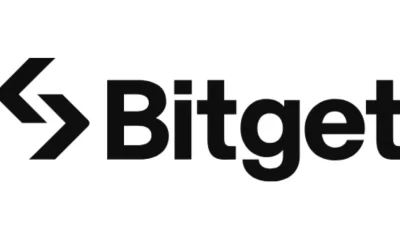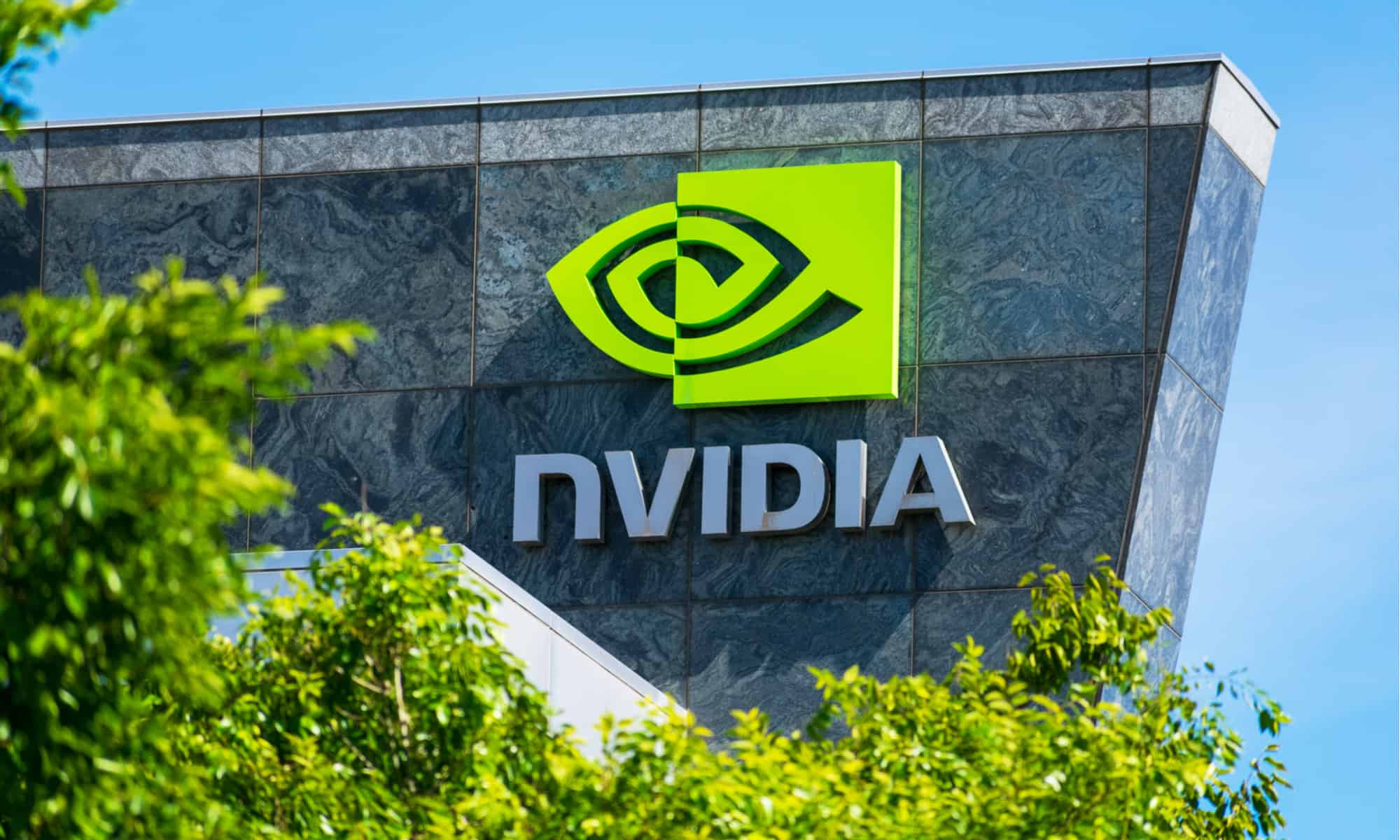Business
Nvidia revenues up 80% from ‘amazing’ demand for AI chips
-

 Business2 days ago
Business2 days agoBinance tightens South African compliance rules for crypto transfers
-

 Business3 days ago
Business3 days agoCoinbase Derivatives lists XRP futures
-

 Business3 days ago
Business3 days agoEthereum bounces back as market dominance recovers from all-time low
-

 Business4 days ago
Business4 days agoBitget detects irregularity in VOXEL-USDT futures, rolls back accounts
-

 Business1 week ago
Business1 week agoOnly 11% of El Salvador’s registered Bitcoin firms operational
-

 Business1 week ago
Business1 week agoBinance helps countries with Bitcoin reserves, crypto policies, says CEO
-

 Business3 days ago
Business3 days agoXRP Ledger Foundation spots ‘crypto stealing backdoor’ in code library
-

 Business1 week ago
Business1 week agoBrazil’s Meliuz floats to boost Bitcoin buying strategy






















